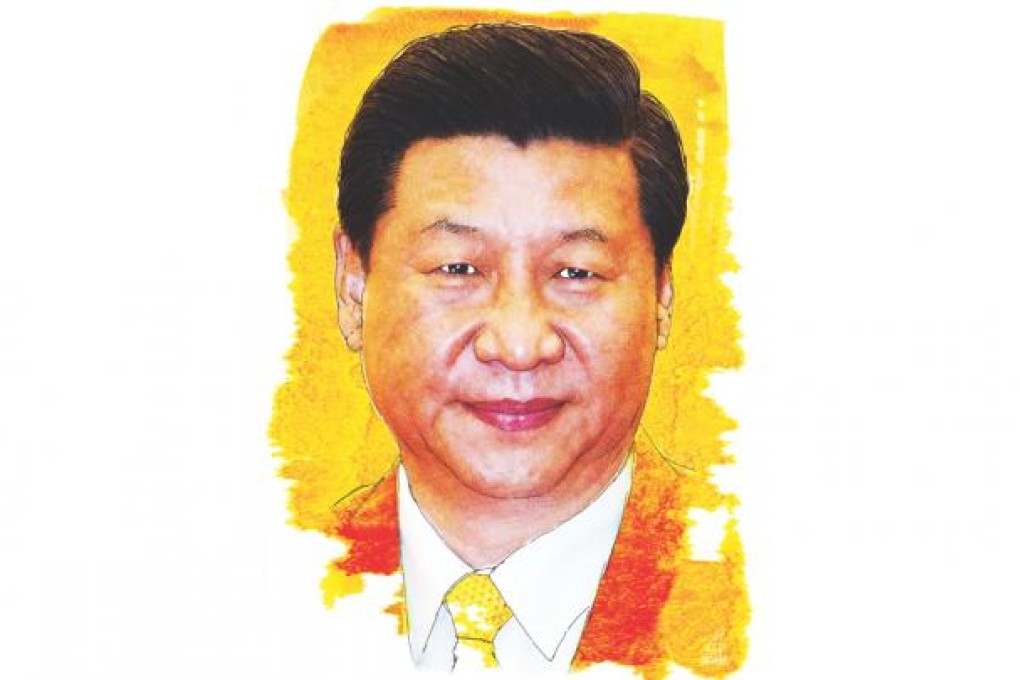The rise of Xi Jinping, China's next leader
Xi Jinping will be the next leader of China, but to many observers he remains something of a cipher. In a three-part-series, the Post attempts to solve the mysteries of President Hu Jintao's successor by examining his early postings in rural Hebei and the work in the affluent coastal provinces of Fujian and Zhejiang that were the foundation for his rise

The era of Xi Jinping is dawning.

But just as when Hu took office himself 10 years ago, the question on the lips of China watchers today is: who is the man who will become the torch bearer for the communist regime's new generation of leaders?
Xi, 59, has risen through the party ranks over the past three decades and has been groomed for the top job in the party's fifth generation of leaders for at least the past five years as vice-president, ranking No5 in the party's leadership hierarchy. Even so, very little is known about the man himself apart from his enviable pedigree and the sketchy details found in his official résumé. He is the "princeling" son of Xi Zhongxun, a former revolutionary general and vice-premier and one of China's first generation of communist leaders.
Xi's final ascent to the pinnacle of power, to be confirmed at the 18th national party congress next month, has been overshadowed by a slew of damning intra-party scandals, including the downfall of a fellow princeling politician, Bo Xilai, and swirling rumours about splits among top leaders.
Xi's sudden disappearance from public view for two weeks last month, which sparked intense speculation about the state of his health, has undoubtedly added to the mystery surround the leader-in-waiting.
Although China watchers generally believe Xi is more likely to be a reform-minded leader than his conservative predecessor, they caution against hopes that he may become a political strongman like the late paramount leader Deng Xiaoping, able to push for bold political reform.